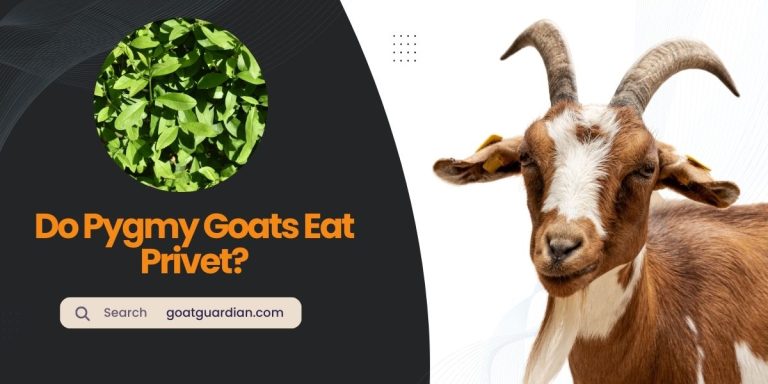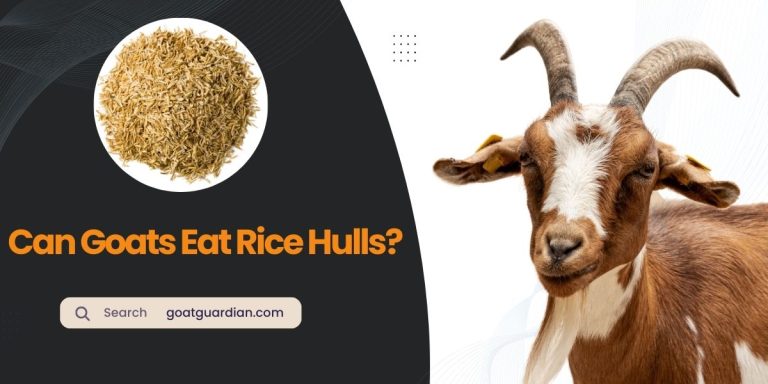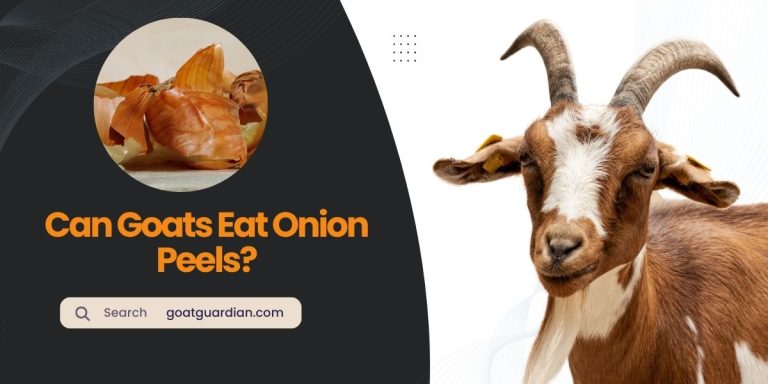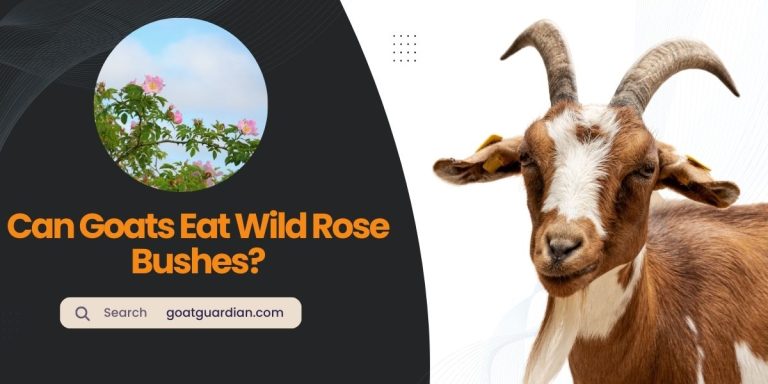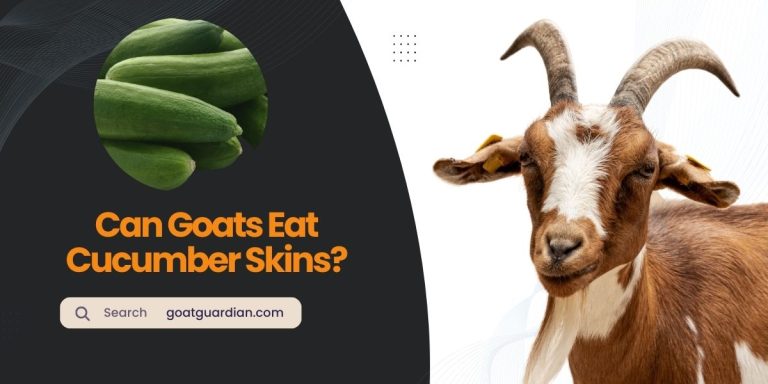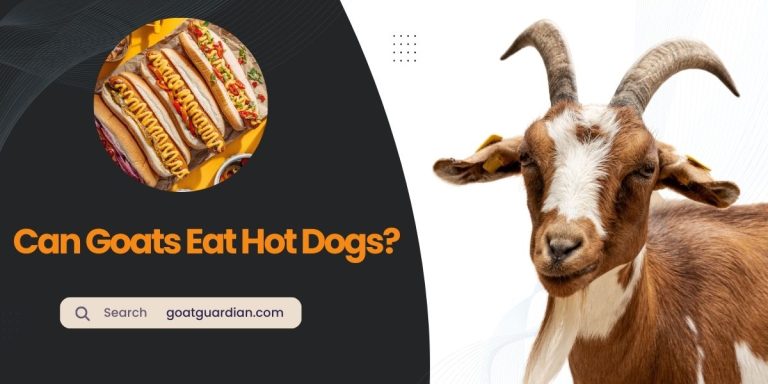Can Goats Eat Dill Pickles? Discover the Surprising Answer!
Goats should not eat dill pickles as they may cause digestive issues and discomfort. While goats can eat cucumbers and enjoy them, dill pickles contain additional ingredients like vinegar, salt, and spices that can be harmful to their health.
It’s important to offer goats a balanced diet of fresh and natural foods to ensure their well-being. Cucumbers are a safe option for goats, providing hydration and essential nutrients.
However, it’s crucial to remove any seeds or chop the cucumbers into small pieces to prevent choking hazards.
By understanding what goats can and cannot eat, you can keep them healthy and happy on your homestead.
Pickle Juice And Goats
Pickle juice is a form of vinegar that can be used for various purposes. However, it’s not recommended to feed dill pickles or pickle juice to goats. While some goats may find the taste of pickle juice interesting, there is no nutritional benefit to feeding it to them.
Speaking of vinegar (pickle juice), some goat owners have heard that putting vinegar in the bucks water about a month prior to breeding your does will increase breeding success. However, more research is needed to verify this claim.
When it comes to feeding goats, it’s important to provide them with a balanced diet that consists of hay, grains, and fresh fruits and vegetables.
While cucumbers are safe for goats to eat, there are certain plants that are toxic to them, such as azaleas, larkspur, oak trees, and horse nettle. It’s important to be aware of what plants goats should avoid consuming to ensure their health and safety.
| Plants that are toxic to goats |
|---|
| Boxwood |
| Larkspur |
| Lupines |
| Oak Trees |
| Azaleas |
| Common Poppy |
| Wild Parsnip |
| Horse Nettle |
Goats And Pickles
While goats can eat a variety of foods, pickles are not a major concern in their diet. There are more important considerations when it comes to goat nutrition.
It’s important to be mindful of other plants and foods that goats should not consume, as some can be toxic to them. For example, common toxic plants for goats include boxwood, larkspur, lupines, oak trees, azaleas, and more.
When it comes to cucumbers, goats can eat them and tend to enjoy them. It is best to chop the cucumbers before feeding them to prevent choking.
Cucumbers are a good source of water and contain vitamins and minerals that can contribute to a goat’s overall health and productivity.
In conclusion, while pickles may not pose a major concern, it is essential to be aware of other plants and foods that goats should avoid to ensure their well-being.
Please note that it is vital to consult a veterinarian or an expert in animal nutrition for precise dietary recommendations for goats.
Frequently Asked Questions On Can Goats Eat Dill Pickles
What Can Goats Not Eat?
Goats should not eat the following: dill pickles, boxwood, larkspur, lupines, oak trees, azaleas, common poppy, wild parsnip, horse nettle, and various other toxic plants. They can eat cucumbers in moderation.
Does Goat Eat Cucumber?
Yes, goats can eat cucumbers. It’s best to chop them before feeding to prevent choking. Cucumbers are a good source of water and nutrients for goats.
What Herbs Will Goats Not Eat?
Goats should avoid eating poisonous plants like azaleas, China berries, sumac, dog fennel, and more. They can eat cucumber plants, oregano, lemongrass, cinnamon, squash, and rice cakes. Ice cream is not recommended for goats.
Can Goats Eat Dill Pickles?
Yes, goats can eat dill pickles in moderation. The main concern is the high salt content, so it’s best to limit their intake to prevent health issues. It’s always important to provide a balanced diet for goats to ensure their overall health and well-being.
Conclusion
Goats can eat dill pickles, but it is important to keep it in moderation. While cucumbers, which are the main ingredient in dill pickles, are safe and nutritious for goats, the pickling process can introduce additional ingredients that may not be suitable for their diet.
It’s always best to consult with a veterinarian or a goat nutritionist to ensure you’re providing the best, balanced diet for your goats. Remember, the health and well-being of your goats should always be a top priority.

